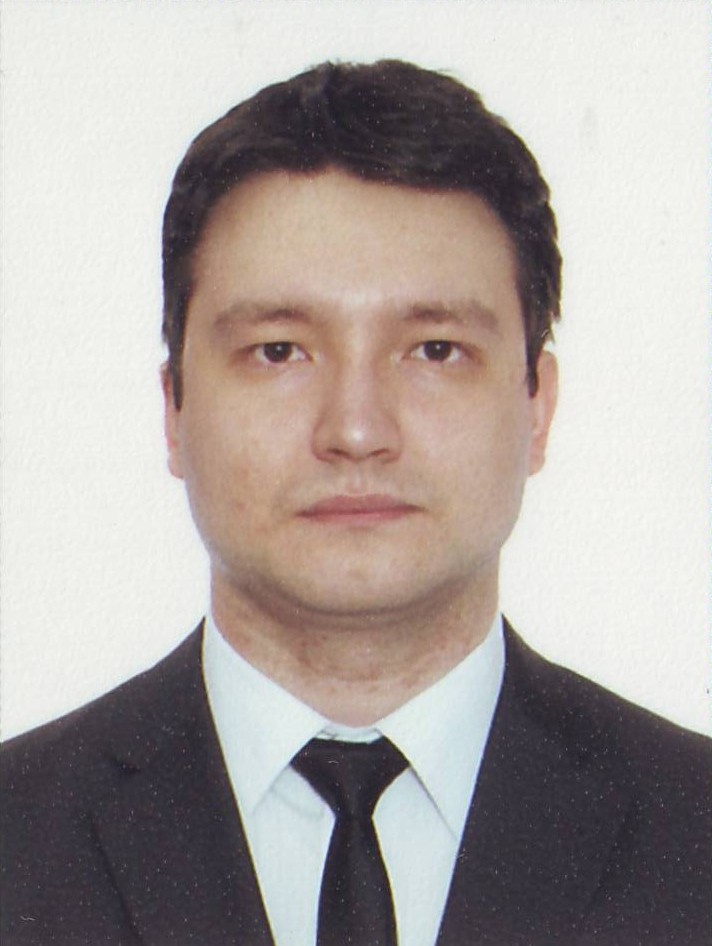The behavior of Scientologists is based upon “ethics”, which allows to separate “bad” from “good” according to the teachings of L. Ron Hubbard. In the Church of Scientology’s disciplinary code, violations are: errors, misdemeanors, crimes, and high crimes. The administration of justice in cases of wrongdoing rests with the Church’s “justice” system of three levels: chaplain’s courts, courts of ethics, committees of evidence, and a board of investigation operating as an investigative body. Each body has its own powers. The settlement of disputes between Scientologists is also within the competence of these bodies, but mediation functions are more typical for the courts of chaplains (auditors). The active dissemination of the scientology teachings among the business environment has led to the emergence of statutory committees that consider conflicts between businessmen and among employees. The complex system of agreements with Scientologists and peculiarities of the US legal system (secular judges do not have the right to interpret norms that are considered religious) make it possible for the Church to redirect claims of former Scientologists from American courts to their own religious arbitration, in which arbitrators make decisions in favor of the Church. Several American researchers believe that it is necessary to change the attitude of the state towards religious organizations. According to the author, the bodies of justice of the Church of Scientology are religious tribunals, which use mediation practices at the lowest level but at the middle and highest levels they prosecute violators of “ethics”. The mechanism of conflict resolution of the Church can be seen as an extreme manifestation of corporate culture where religious philosophy is combined with a business model based on mandatory performance of assigned tasks by employees and strict internal rules. The control over rules observance is entrusted to administration and corporate courts.
Keywords: Scientology, scientological ethics, scientological justice, chaplain’s court, court of ethics, committee of evidence, charter committee, religious arbitration
DOI: 10.22250/20728662_2022_1_111
About the author
 |
Ilshat A. Mukhametzaripov – PhD (History), Deputy Director for Science, The Center of Islamic Studies of Tatarstan Academy of Sciences; |






